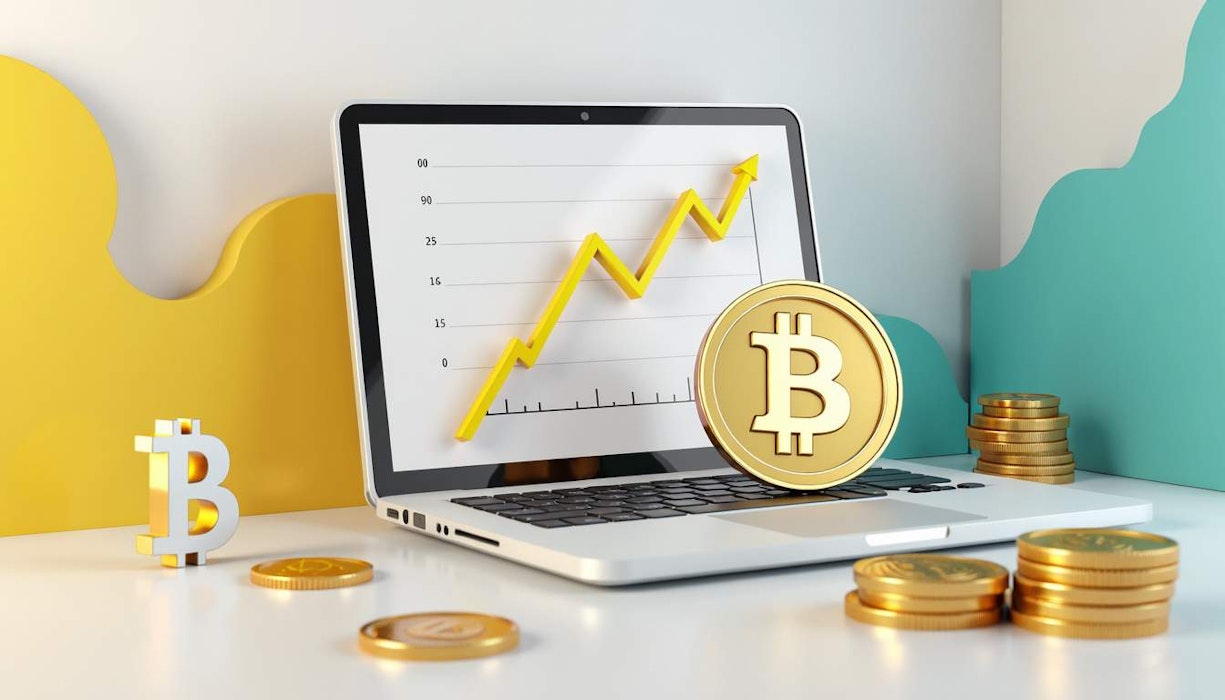I've been diving deep into the crypto waters lately, and one thing that's really caught my attention is the consistent drop in Bitcoin reserves on centralized exchanges. It's like watching a slow-motion heist unfold, and it seems more and more people are pulling their coins into self-custody. But what does this all mean? Let's break it down.
The Great Bitcoin Withdrawal
So here's the scoop: according to CryptoQuant, Bitcoin reserves on exchanges have plummeted from about 3 million BTC in January to roughly 2.6 million BTC now. That's a level we haven't seen since back in 2018. And get this – around 430,000 BTC have exited these platforms just this year alone.
What's fascinating is that as these reserves are dwindling, Bitcoin's price is climbing. At the time of writing, we're looking at $65k+. This isn't just a casual accumulation phase; it feels like there's some serious conviction behind this move.
Are We Seeing ETF Effects?
One big player in this game seems to be the spot Bitcoin ETFs that everyone's been buzzing about. These products are gobbling up massive amounts of Bitcoin, further tightening that supply noose around our necks. It's almost poetic how these institutional vehicles might be pushing retail investors towards self-custody.
But here's where it gets interesting: while many seem bullish on Bitcoin's future, there's also an undercurrent of fear about centralized exchanges after events like FTX and Luna. People want their keys – they want control.
The Predictions Game
Now onto the crystal ball gazing part of our show! Some analysts think we're due for another bull run before year's end. PlanB, for instance, thinks we could hit over $100k by then! His Stock-to-Flow model has historically had a good track record (at least until now), and he even suggests a staggering $500k within four years!
Jack Dorsey also threw his hat into the ring with a million-dollar prediction by 2030. But let's be real – for Bitcoin to reach those heights, we'd need some serious catalysts like institutional adoption and maybe some friendly regulations.
Cross-Border Payments & Inflation Hedge?
Interestingly enough, this whole exchange reserve situation doesn't seem to affect cross-border payments much right now. Most businesses still rely on traditional systems or stablecoins like USDC for those transactions.
And while some tout Bitcoin as an inflation hedge due to its capped supply, its volatility makes it a shaky candidate compared to something tried-and-true like gold.
Summary: The Bullish Sentiment or Speculation?
At the end of the day, I think it's a mix of both confidence and speculation driving people off exchanges. There's definitely an air of "I believe in this long-term" among many crypto holders I've talked to (myself included). But given how wild things can get in crypto land? There's also a fair bit of anticipation regarding future price movements at play here.
As always with crypto – tread carefully and do your own research!
